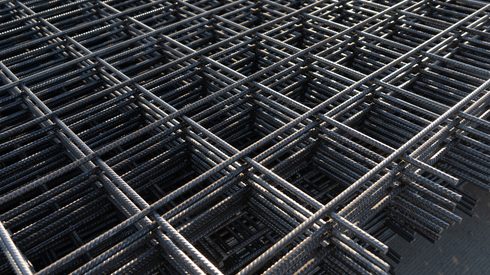A US exporter sold a 30,000-tonne cargo to a Bangladeshi mill containing an 80:20 mix of No1 and No2 heavy melting scrap priced at $488 per tonne CFR and bonus-grade material priced at $498 per tonne CFR, Fastmarkets learned on Tuesday February 28. The precise split of the grades in the cargo was unavailable at the time of publication.
This marks a large $43 per tonne increase to the prior-reported West Coast sale, also to Bangladesh, made at $445 per tonne CFR for heavy melting scrap and heard concluded in the first half of February. Given the broad $10 per tonne delta between heavy melt and bonus material sold from the West Coast, the price for the latter grade in the prior sale could be considered to be $455 per tonne CFR.
While some sources were skeptical as to whether this elevated cost was sustainable, West Coast export sentiment has risen in the wake of incrementally higher sales to Turkey, though purchase activity from the latter has faltered, casting doubts on the potential for further upward momentum.
“I think we need to wait and see if another cargo at these levels gets sold,” a West Coast export source said, suggesting that a firm uptrend had yet to be established.
But a separate export source in the US Southeast indicated that, having sold containerized material to Bangladesh at just $10 per tonne less than the latest cargo deal, elevated deep-sea levels were in line with the current market when shipping fees are taken into consideration.
The exporter responsible for the latest West Coast sale had sold a cargo of Australian origin to Bangladesh, it emerged on the same date, indicating that demand from the region is stout regardless, which is a positive sign for US exporters in the region.
Tightness in the US domestic market — where prices are expected to rise in March after a series of price hikes from mills in February amid scant scrap inventories — is supportive of higher export pricing.
US mills are reportedly angling to cap the increase on shredded scrap at $30 per ton compared with February and that of primes at $50 per ton, while dealers anticipate they can secure sales at $50- and $70-per-ton increases, respectively.
Shred and primes are the focus of potential price increases since they are in high demand and scarce supply.
All Iskenderun-based Turkish mills — Koc, Ekinciler, Bastug and Toscelik — will meet with the country’s finance ministry on Thursday March 2, after which sources expect the trajectory of the region’s ambitious reconstruction plan and the volume of ferrous scrap imports required to fulfill it should be at least partially clarified.
There are some concerns regarding the timeline for rebuilding areas damaged in the recent earthquakes, with some sources suggesting that construction may not fully begin for some time.
Sentiment is weak this week, but the market will be clearer after mills meet with the ministry tomorrow. Personally, I think prices might increase again after next week
“Sentiment is weak this week, but the market will be clearer after mills meet with the ministry tomorrow. Personally, I think prices might increase again after next week,” a Turkish trader said.
“I’m just playing it off the cuff at the moment. I hear the domestic market is going to be up so we’ll see what happens,” a US sell-side source said amid the current dearth of sales heard to Turkey.
Exporters raised their dock yard buying prices on both coasts in the week to Monday due to sentiment heating up for exports and domestic markets.




